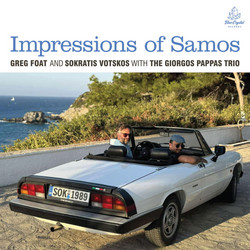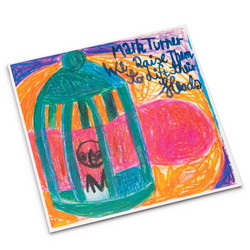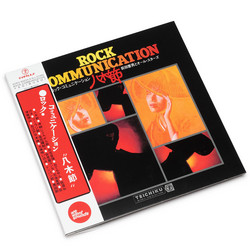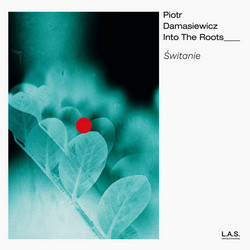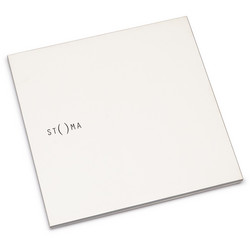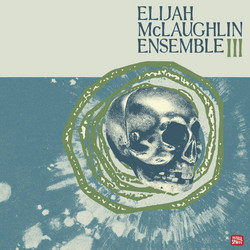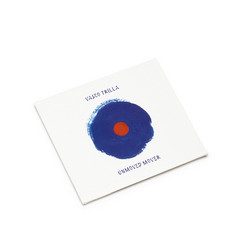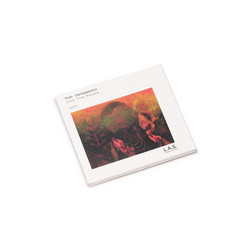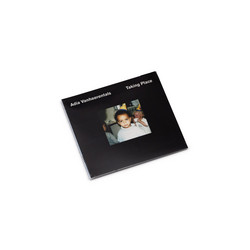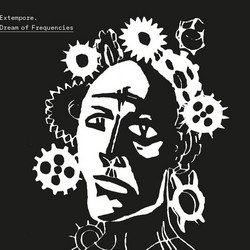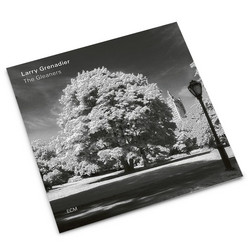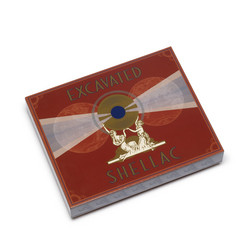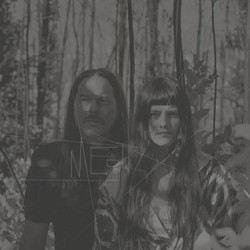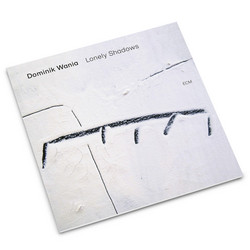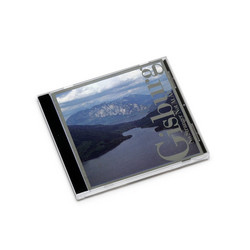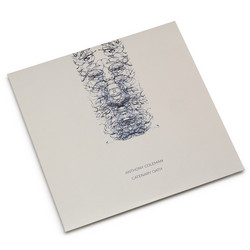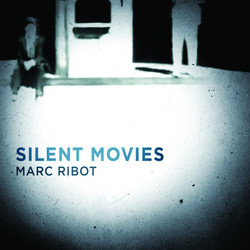Marc Ribot
Marc Ribot Plays Solo Guitar Works of Frantz Casseus (2LP)
*2020 stock.* Long before Marc Ribot made a name for himself as a pioneering force in NYC's downtown music scene, and as guitarist for luminaries like Tom Waits, Wilson Pickett and The Lounge Lizards, he began his guitar studies as a teenager with close family friend, the Father of Haitian classical guitar, Frantz Casséus. In 1946, Frantz came to NYC from his native Port-au-Prince, Haiti with the ambition to compose a distinctly Haitian classical guitar music, to fuse the European classical tradition with Haitian folk elements as Heitor Villa-Lobos had done with his native Brazil’s and as Béla Bartók had done with Hungarian folk songs. His three recordings, Haitian Folks Songs (1953), Haitian Dances (1954) and Haitiana (1969) were released on Folkway Recordings (and since reissued by Smithsonian Folkways) and his compositions have been covered by artists worldwide including the song “Merci bon dieu” by Harry Belafonte.
In effort to preserve Frantz’s musical legacy, Marc edited a collection of Casseus' solo guitar compositions, and performed those same pieces on his 1993 album "Marc Ribot Plays Solo Guitar Works of Frantz Casseus". This remastered and expanded edition, with three additional bonus tracks recorded in 2020, marks the first time Marc's interpretations of this work is available on vinyl.
"The pieces on this record are the work of my friend and teacher, Frantz Casseus. They were written over a period of approximately 40 years, from 1940 to 1980, most of which were spent in New York City, where Frantz emigrated in 1946. The music, however, remains consistently engaged with Haiti, where, in Port au Prince, 1915, Mr. Casseus was born. I believe Frantz saw it as his task to help create a national music for Haiti, and that as a composer, he used Haitian folk material in the same sense as Villa Lobos used the folk music of Brazil, Chavez that of Mexico, or Bartok that of Hungary. A formidable guitarist himself, Frantz originally recorded his own work. The four pieces of the “Haitian Suite” first appeared on a 1954 Folkway release. “Dance on Sunday”, “Dance of the Hounsies”, and “Simbi” appeared on a 1968 recording for the now defunct Afro-Carib label. Although I studied guitar with Mr Casseus, my own development (or perhaps regression) took me far from these studies. However, after complications from an early hand injury made it increasingly diffi cult for Frantz to play guitar, he and I began to discuss the possibility that I would record his work. This record is the most comprehensive recording of Frantz Casseus’s music for solo classical guitar.
In addition to the pieces mentioned above, it contains five compositions previously published as sheet music but never recorded by Frantz (Rara, Prelude #2, Serenade Lointaine, Valse and Romance) and six pieces (Romance 1978, Untitled, Chanson, Improvisation, Merengue and Prelude #1) previously unpublished in any form which Frantz, before his death in June 1993, had expressed a desire to have recorded. I made this recording with the hope that it will help reawaken an interest among listeners and classical guitarists alike in this beautiful but neglected body of work”. - Marc Ribot, 1993
100% of the publishing proceeds benefits the "Frantz Casseus Young Guitarist Program" in Port-au-Prince Haiti, and other projects that promote the work of Frantz Casseus.

